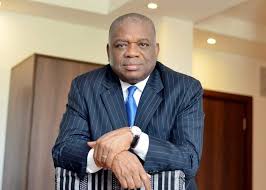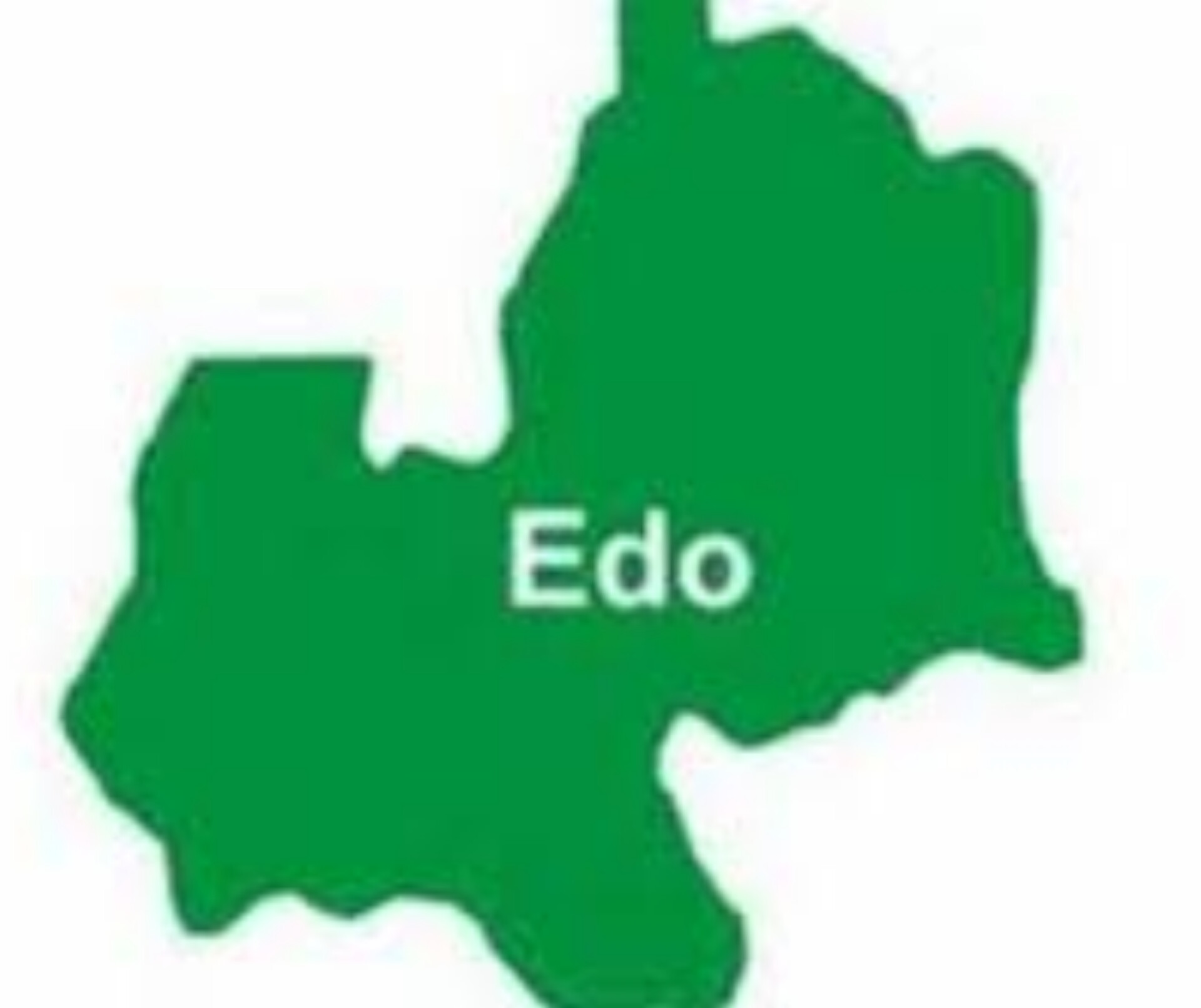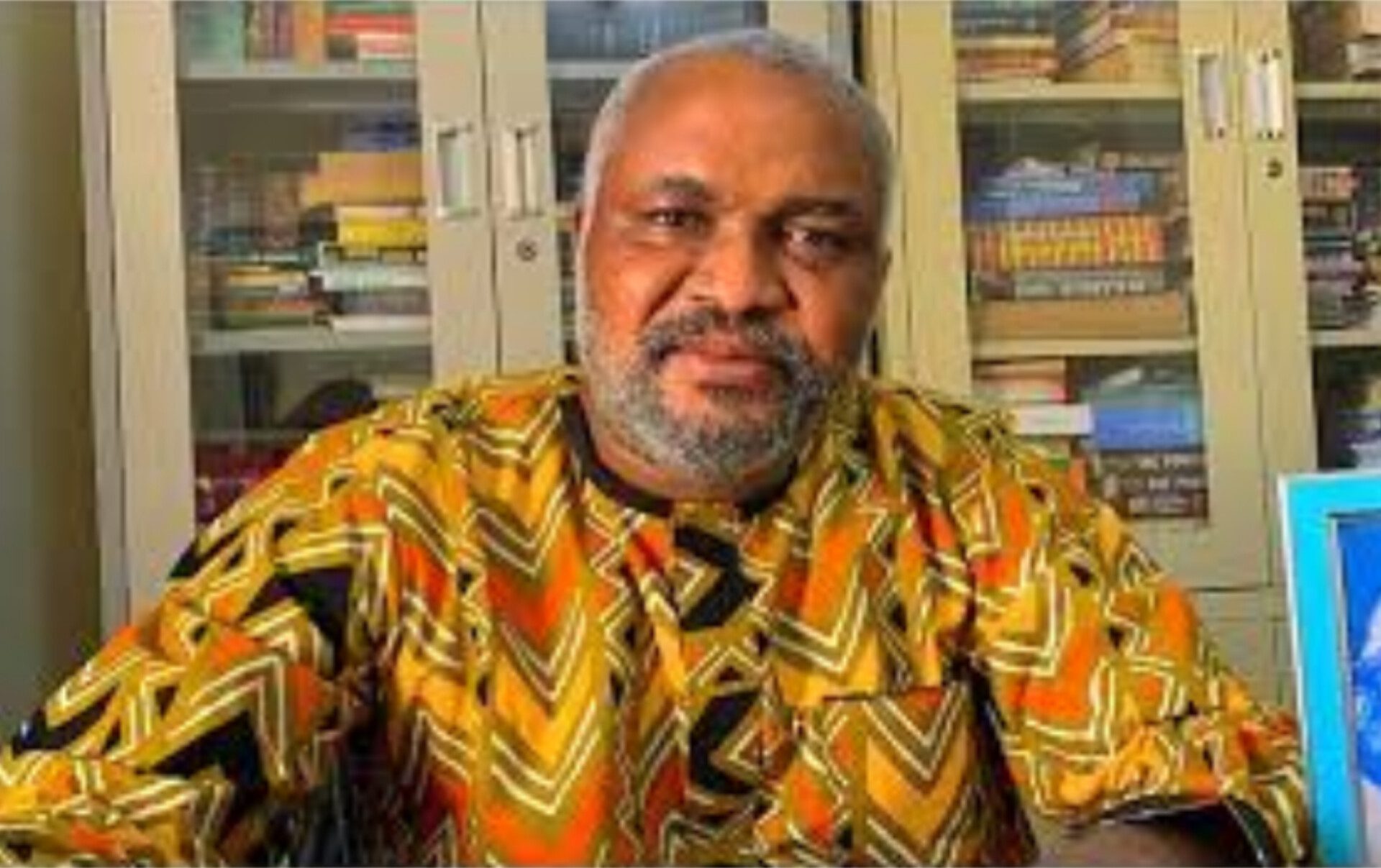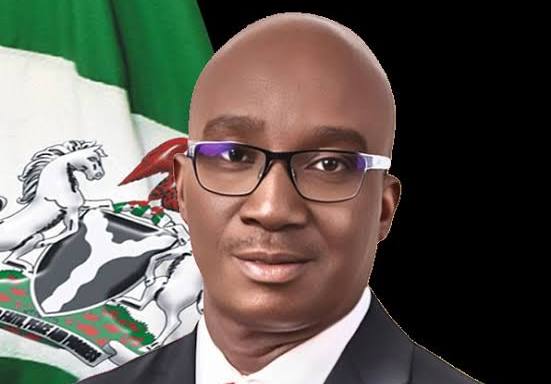By Ehichioya Ezomon
Will the All Progressives Congress (APC) implode in 2022, as consistently predicted by critics of the ruling party, and especially by the opposition Peoples Democratic Party (PDP)?
The auguries look frightening for the APC that rode to power in 2015 on the back of citizens’ disenchantment and discontentment with the 16-year-PDP-controlled administration in Nigeria.
Ironically, the PDP, which again suffered defeat at the polls in 2019, seems riding on the wave of popular disillusionment with the APC, and taunts and forecasts the demise of the party in 2022.
Besides issues of governance that the PDP has marked down the APC government of President Muhammadu Buhari, the opposition party sees a silver lining in the series of crisis in the APC – old, and new problems that forced a change of its leadership in 2020.
The APC Caretaker/Extraordinary Convention Planning Committee (CECPC) came into being on June 25, 2020, on the shoulders of a divided party that escaped a humiliating defeat in the 2019 general election it’s primed to sweep.
Though the APC won majorities in the presidential, governorship and national and state legislative polls, it lost its strongholds in six states to the PDP due to the crises in the state chapters.
Topping the crises in the APC in 2019 was the legal ban of its Rivers State chapter from fielding candidates in the governorship and legislative elections, and the courts quashing of the party’s victories in equivalent elective positions in Zamfara State.
The APC chieftains that pushed for change of the party leadership had pinned those losses on the Comrade Adams Oshiomhole-led National Working Committee (NWC) that couldn’t reconcile aggrieved members in the aftermaths of bitterly-contested congresses and primaries in many states, leading to the polls.
Hence the Yobe State Governor Mai Mala Buni-headed caretaker committee was charged with resolving the crises in the APC state chapters, and organize congresses for a national convention.
After assuming office in June 2020, Governor Buni pledged to serve justice to all members, saying: “As a former two-term National Secretary, I know the party very well, and it’s all about doing justice to every member of the party. Without justice there won’t be peace. If you don’t manage crisis, obviously crisis will manage you.”
Very prophetic, as 18 months after, it’s only the committee members, and their palace-coup promoters that ascribe any iota of success in the two prioritized areas for the committee to attain!
If anything, the APC is more divided due to the 2021 congresses, which’ve produced new aggrieved members in the state chapters, to swell the spill-over rumblings from the 2019 electoral cycle.
In other words, the caretaker committee, whose tenure of six months has been extended twice, has failed to reconcile the disparate factions in APC, to enable a rancour-free convention.
Trailing the caretaker committee are frequent protests by APC members at the national headquarters in Abuja, emergence of splinter caretaker committees, and a litany of lawsuits.
The opposition from within and outside the APC is specifically directed at Governor Buni’s continued headship of the caretaker committee, for his alleged breach of provisions of the amended 1999 Constitution of Nigeria, and the constitution of the APC, both of which forbid concurrent holding of two executive positions.
On July 28, 2021, the Supreme Court, while delivering judgement in the appeal arising from the 2020 governorship poll in Ondo State, reinforced the potency of those constitutional provisions.
Even as the majority Justices of four gave judgment to Governor Rotimi Akeredolu of the APC, the minority Justices of three ruled in favour of Chief Eyitayo Jegede of the PDP because the APC caretaker committee that signed, and presented the documents of the candidacy of Governor Akeredolu “has no basis in law.”
To members of the APC that are in the courts, seeking orders to dissolve, and/or strip Buni of the chairmanship of the caretaker committee, any election derived from the committee would be a nullity, for allegedly violating the Nigerian and APC constitutions.
While it’s on all fours with the submissions of the opposition within the APC, the PDP also craves to sack Buni from his position of governor of Yobe, as he’s reportedly yielded the seat by assuming a concurrent office of chairman of the APC caretaker committee.
So, Buni’s headship of the caretaker committee has become, with apologies to President Buhari, a case of, “If APC does not remove Buni as its chairman, Buni will remove APC as a political party.”
The former is the prayer of genuine APC members, and the latter the hope of “fifth columnists” in the APC, and the PDP, which would delight in the self-ruination that the APC is gambling with!
Rather than seek to douse tension via a “family solution” to the plethora of lawsuits against it, the caretaker committee has hired a legion of Senior Advocates of Nigeria to defend it in several cities, thus hardening positions, and divisions in the APC ahead of its national convention in the first week of February 2022.
Concerned members aver that desirable as the national convention is, holding it without first appreciably settling the internal disputes would further divide the party to the point of imploding.
That scary scenario has prompted the Chief Whip of the Senate and former Governor of Abia State, Dr. Orji Uzor Kalu, to pen a letter to Governor Buni, and members of the caretaker committee, to consider postponing the February national convention.
Senator Kalu warns that holding the convention in February, without sorting out the “minor disagreements” that arose during the congresses in the states, would lead to an implosion of the APC.
“Some states are embroiled in crisis with multiple factions, and it is important to put into consideration the consequences of these factions during and after elections,” Kalu urges.
He says it would be devastating to continue with the convention without settling the differences in various states and, “sort out the issues of zoning, which cannot be addressed in two months.”
Senator Kalu, who proposes a simultaneous conduct of the presidential primary and election of members of the NWC on the same day and venue, “to avoid rancour and litigation,” stresses the importance of postponing the convention, “with all peace and reconciliation machinery fully put in place.”
Will the caretaker committee, glorying in its luring of opposition chieftains into APC, consider Senator Kalu’s plea to postpone the February national convention, give itself a breather to reconcile aggrieved members, and prevent the party from imploding?
Or will the APC continue to vent its counter-attacking on the PDP, which it’s vowed, illusorily, can’t return to power because “the voters are intelligent and know that the PDP, going by its antecedents, has nothing to offer Nigerians?”
The answer is either retaining the Buni caretaker committee, to conduct the APC national convention in February 2022, or dissolve and replace the committee, and organize the convention on a later date, and save the party from debilitating heartaches in 2023.




